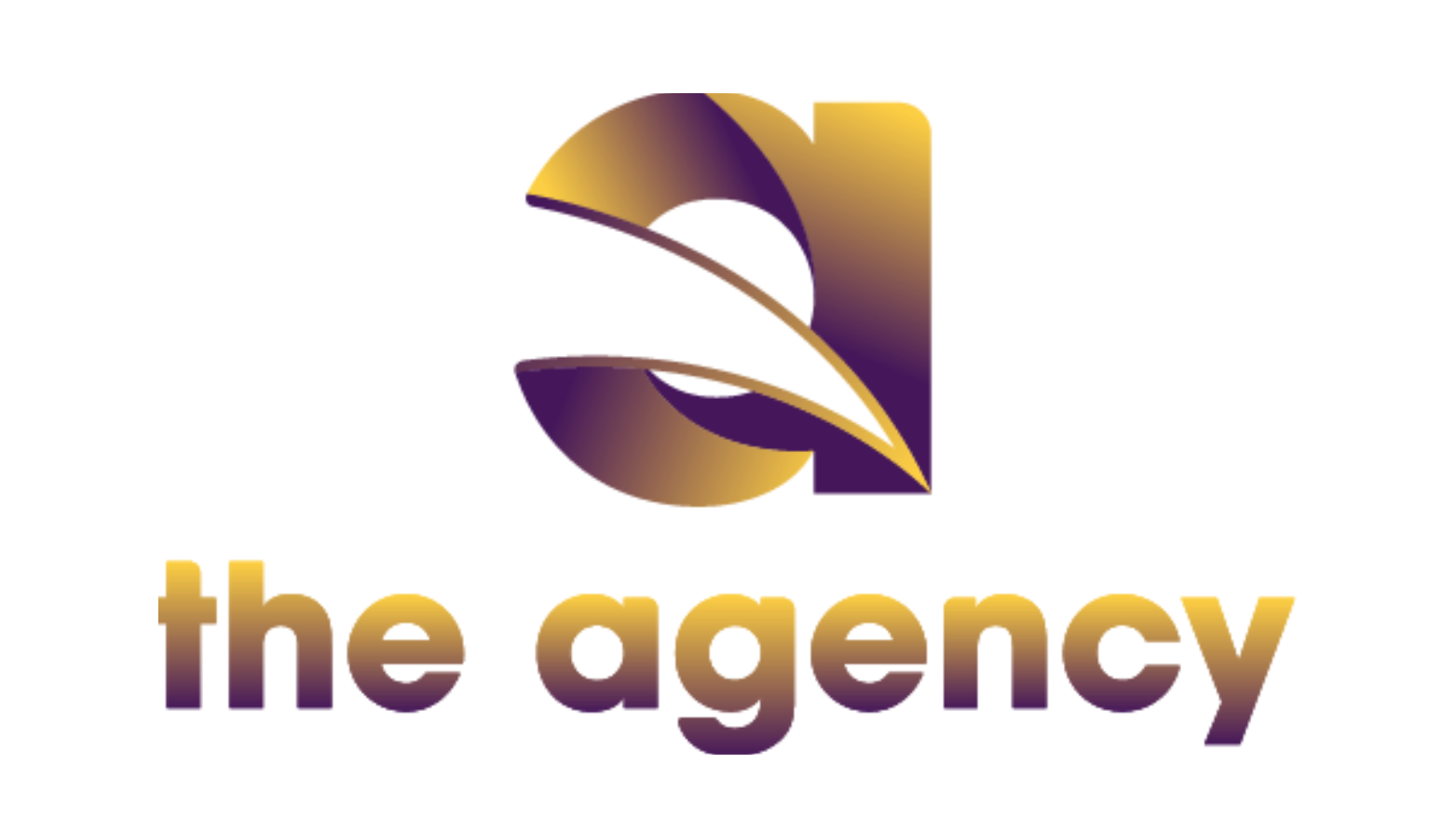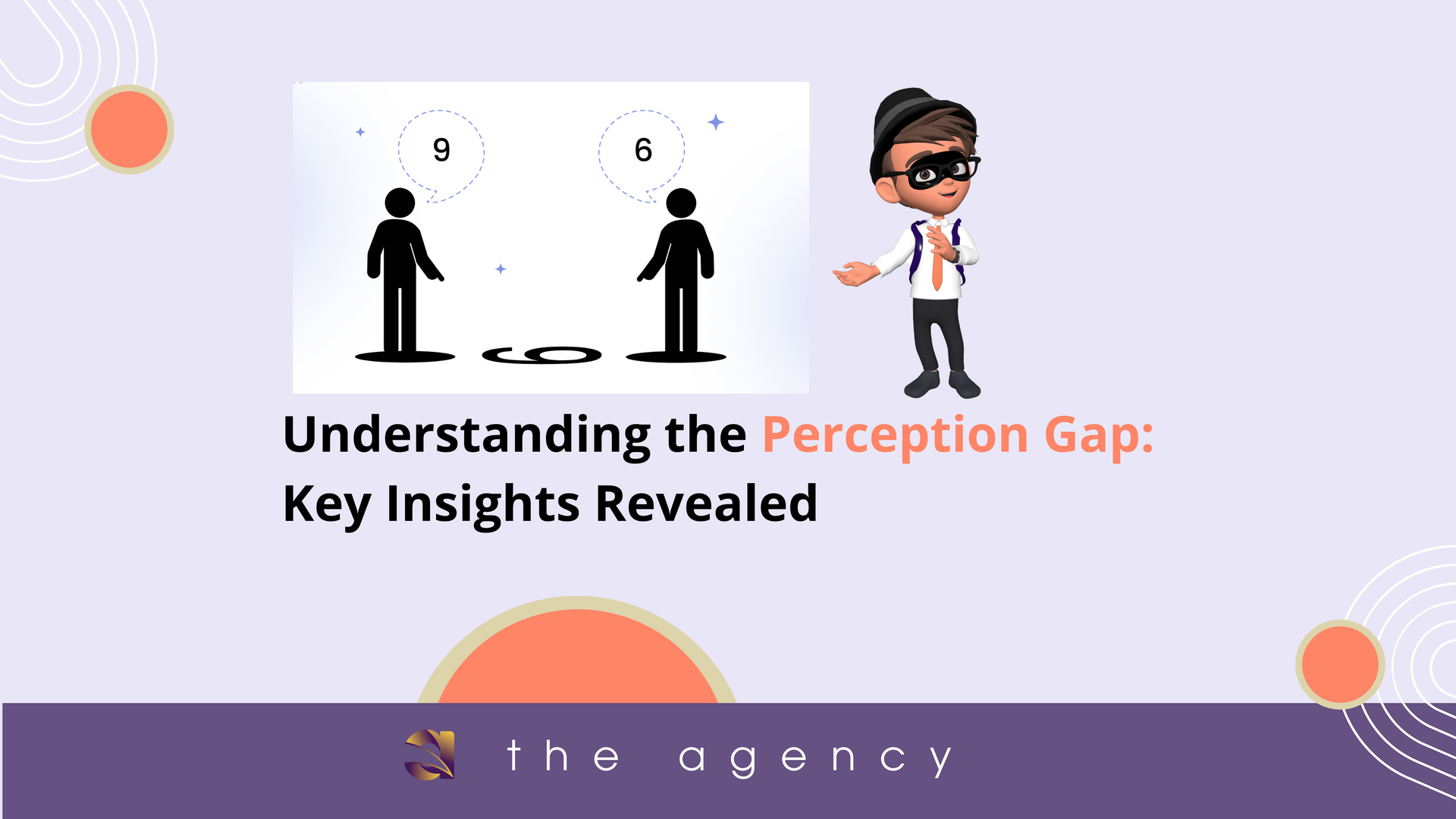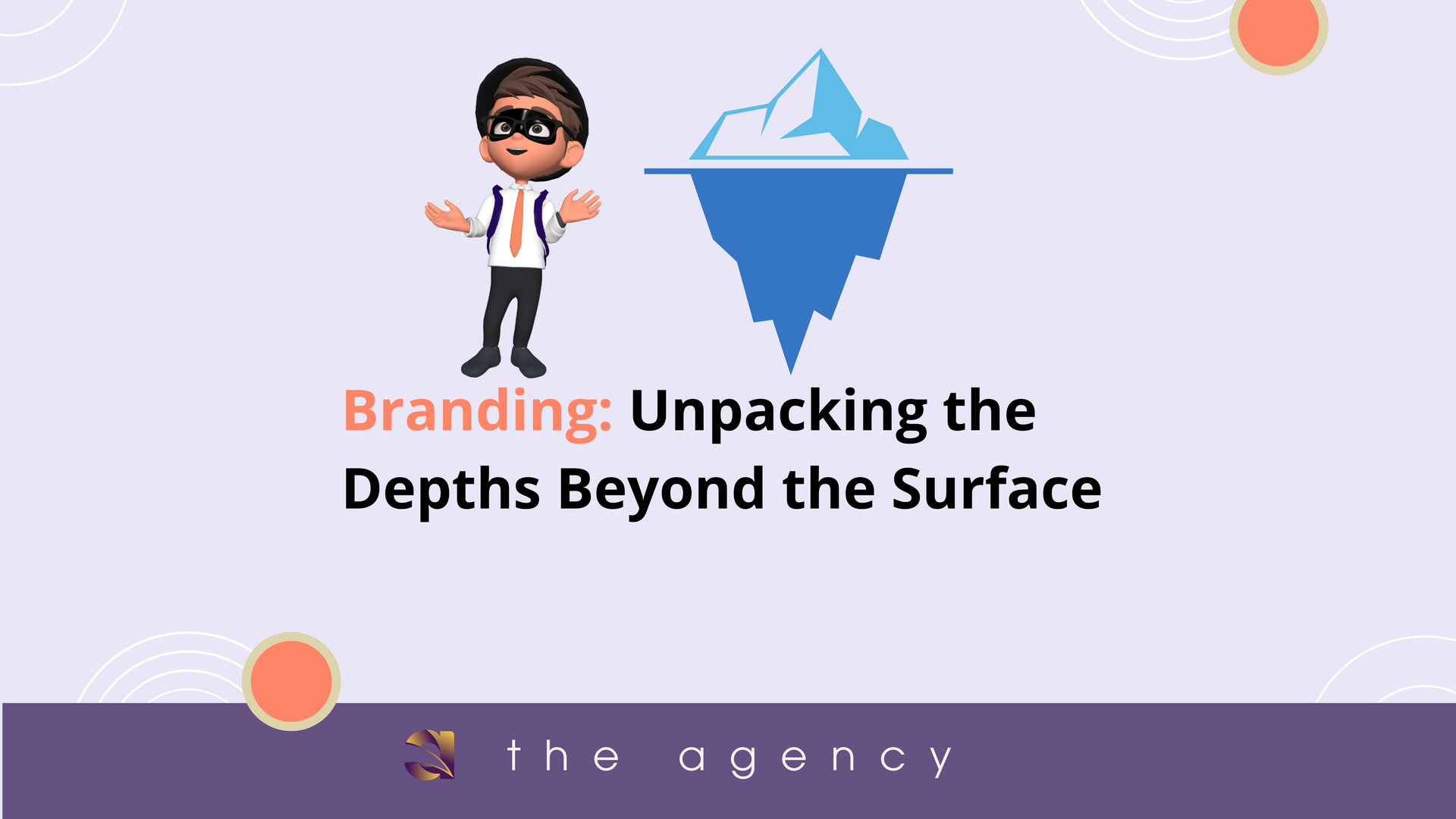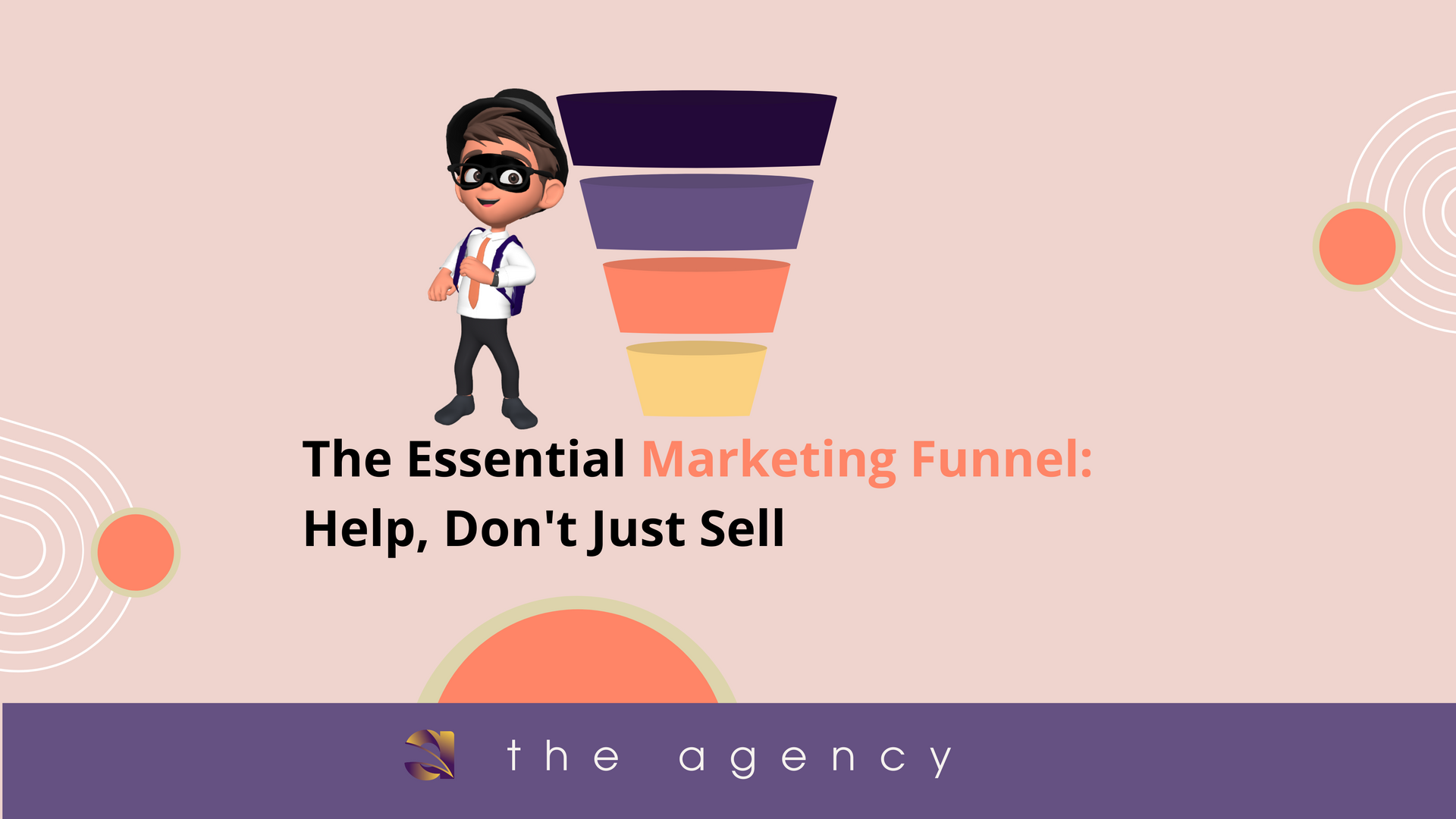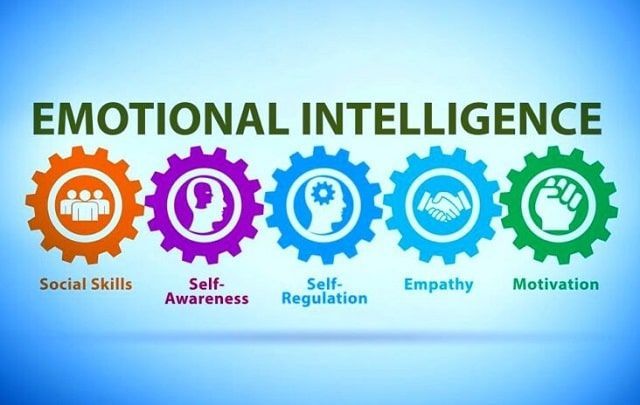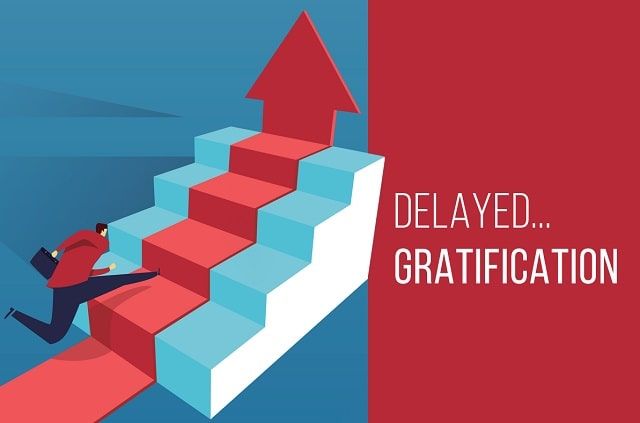Marketing Psychology: Tactics Over Tools for Success
Marketing Unveiled: Why Psychology and Tactics Trump Tools Every Time

Listen to a summary and discussion of this article.
The Real Heart of Marketing
I have a little secret to share: marketing isn’t just about the new tools everyone talks about. Sure, those tools can help you, but they are not the main key to success.
Think of it like this: 90% of marketing success comes from psychology and tactics. Only 10% comes from tools. This is what I have learned after years in the tough world of digital marketing. In this article, we will look at why understanding consumer behavior and mastering marketing strategies are the real game changers.
It is not about the newest marketing software or automation tools. Let’s find out what makes a successful marketing campaign really work.
The Myth of Tools in Marketing
I used to think that having the best marketing tools was the key to success. I would spend a lot of time looking at the top marketing platforms. I paid a lot of attention to SEO tools like SEMrush and social media schedulers like Buffer. But I found out something important: just having these tools doesn’t create brand awareness or engage customers. They are just like a paintbrush, not the final artwork.
I once helped a small business owner who spent a lot of money on marketing automation software. They thought it would boost their lead generation. The software had many features like email campaigns, analytics, and more. However, their efforts did not work. Why? They did not know their target audience. Their emails were boring, and their content strategy lacked a personal touch. They were not meeting what their customers really wanted. Tools cannot fix a weak plan. They only work well when you combine them with good marketing tactics.
The Power of Psychology in Marketing
Here’s the interesting part. Marketing psychology is crucial for every successful marketing campaign. It looks at what moves people—their feelings, desires, and decision-making. By using psychological principles, you can influence consumer behavior. When you understand consumer psychology, you can craft messages that truly resonate with people.
Take social proof as an example. You might notice that you are more likely to buy something when you read positive reviews or see a “bestseller” tag. This is social proof at work. A great way to illustrate this is through scarcity. When a website mentions a limited time offer and says, “Only 3 left in stock!” your heart starts to race. You feel compelled to click “Add to Cart.” These triggers are powerful because they tap into our human nature.
I saw this firsthand while working with a skincare brand. They were struggling to be noticed in a crowded market, even though they had a solid content plan. We decided to change our approach and focus on emotional stories. Their new campaign featured real stories from customers—moms, students, and workers—who felt more confident after using the products. This is like how Coors connects with its customers or how Coke shows its refreshing drink in ads. We also added a call to action that encouraged people to try it risk-free and get a free sample! Because of this, sales increased by 40% in just two months. So, why did this happen? We connected with customers on an emotional level, not just through selling.
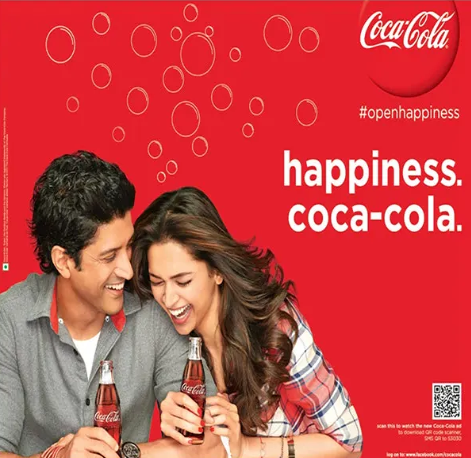
Tactics That Drive Results
Now, let’s talk about marketing tactics. These are clever things you can do to use your understanding of psychology. It is not enough to just know that fear of missing out (FOMO) can have an effect; you should also learn how to use it. This is why actions like segmentation, targeting, and positioning are very important.
If you are running an email marketing campaign, you have several choices. You can send the same email to everyone on your list, but that’s not a smart move. A better way is to split your audience into different groups. You could consider their age, interests, or past purchases. A 25-year-old gamer and a 45-year-old parent will have different needs. When you focus on specific groups, your message will connect better with them.
I remember working with an online fitness brand that wanted to boost their conversion rates. We used a method called FOMO, which stands for fear of missing out. We launched a limited-time challenge and added a countdown timer on their landing page. It read, "Join the 30-Day Fitness Challenge—Spots Close in 24 Hours!"
We also presented the brand as a supportive community rather than just a product. This fit what their audience wanted, which was a feeling of connection. As a result, sign-ups increased by 25%. Using methods like this with behavioral psychology can really have an impact.
Balancing Tools with Psychology and Tactics
Don’t get me wrong—tools can be helpful. They do a good job with social media, analyzing data, and boosting your SEO strategy. However, keep in mind that these tools should support your strategy, not take charge of it. See tools as assistants to your teamwork in psychology and tactics.
Here’s how I find balance: First, set your marketing goals. Do you want to build brand loyalty, increase website traffic, or create sales funnels? Then, use psychology to learn about your audience. Apply techniques to shape your strategy. After that, pick the right tools to carry out your plan. For example, if you use strong content marketing with storytelling, The Agency DIY tool can assist you. This tool helps you organize your social media posts on different platforms. It helps you stay consistent. But keep in mind that the strategy is what brings in engagement.
I worked with a local bakery that wanted to grow its online presence. To help them, we made a digital marketing plan. This plan focused on visual storytelling and influencer marketing. We shared tasty photos of their pastries. The captions reminded people of happy times, like “Remember grandma’s cookies? Ours taste just like that.” We also partnered with local food bloggers to reach more people. For our graphics, we used Canva, which made it easy to design. We tracked our website's performance using Google Analytics. This method connected to the part of the brain that recalls good memories. What happened as a result? A 30% increase in online orders. The tools we used helped, but the strategy was what truly made a difference.
Focus on the 90% That Matters
Marketing is more than just the 10% of tools you use. It also includes the 90% that involves understanding psychology and tactics. These elements connect with your audience in a real way. When you are working on your brand identity, making a growth marketing plan, or starting a PPC campaign, start by figuring out your core values. Think about how your customers feel. What drives them? What are their worries? After this, use clever tactics to reach them where they are.
Take a moment to think. Are you spending a lot of time looking at the latest marketing trends or tools? Or are you learning about marketing ideas and working on your marketing plan? Pay attention to the 90% that matters, and you will notice your marketing returns improve. Now, I want to know from you—what is one strategy you will use in your next campaign? Need a little help? Schedule a free consultation.
Frequently Asked Questions
What is the most effective psychological theory in marketing?
The best psychological theory to use depends on your audience. Social proof is effective for many brands. It helps gain trust from customers. Cognitive bias is another key point. It influences how people make decisions and see information. By understanding consumer behaviour, you can pick the right theories. This choice can boost brand loyalty and enhance your marketing strategies.
How do marketers ethically use psychological tactics?
Ethical marketing means being smart and responsible. It is important to be honest and show care for customers. Marketers create trust by keeping their promises. They ensure their actions fit their brand identity. They use persuasion, but they do it honestly and do not deceive anyone. By being effective and truthful, they earn customer loyalty and take good care of their interests.
Can small businesses benefit from psychological marketing strategies?
Small businesses can gain a lot from marketing strategies that consider consumer psychology. This blog will show how this kind of thinking helps them connect with their target audience and boost sales. It starts with a small request, which can lead to a larger request. They can use ideas like social proof, where customers share their stories. Limited-time offers create a sense of urgency, encouraging quick decisions. Additionally, reciprocity discounts help customers feel valued. These methods make campaigns more attractive and help them stand out in the market.
